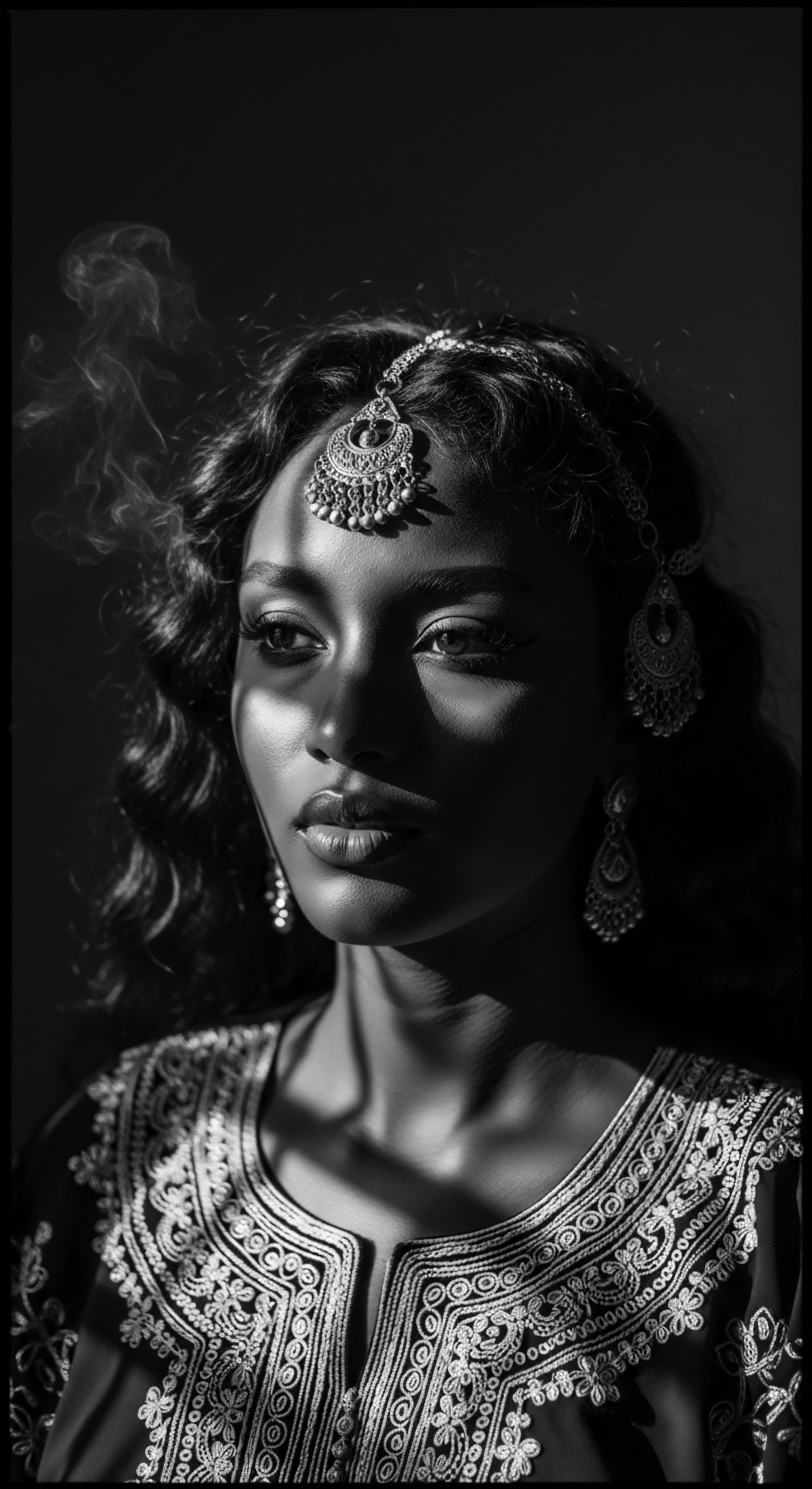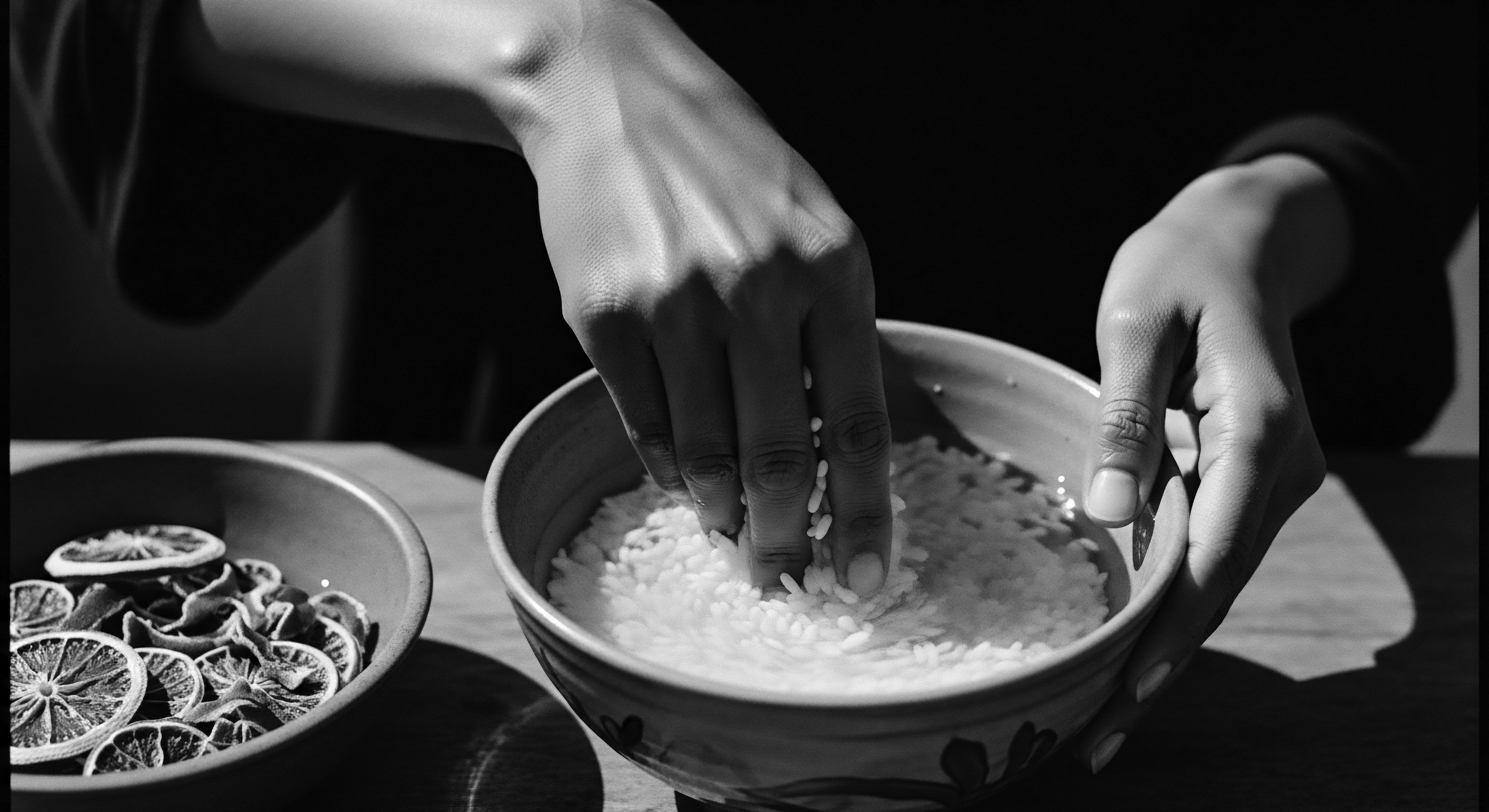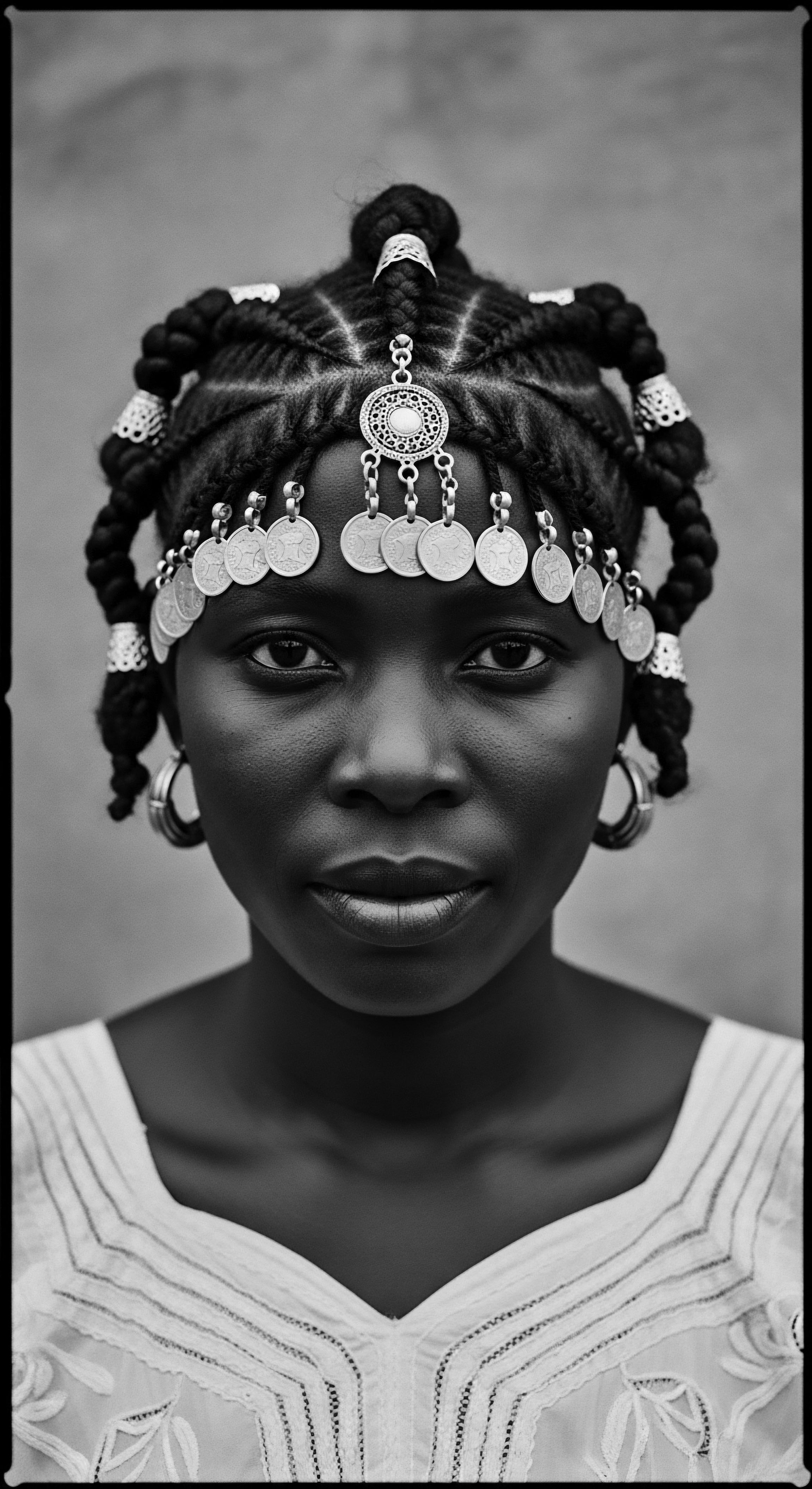
How Do Hair Follicles Vary in Textured Hair?
Textured hair follicle variations, from elliptical shapes to curved growth, are an inherited heritage influencing curl patterns and care needs.

Can Shea Butter Help Hair Growth in Textured Strands?
Shea butter aids textured hair growth by nourishing the scalp and preventing breakage, a practice rooted in ancestral protection.

